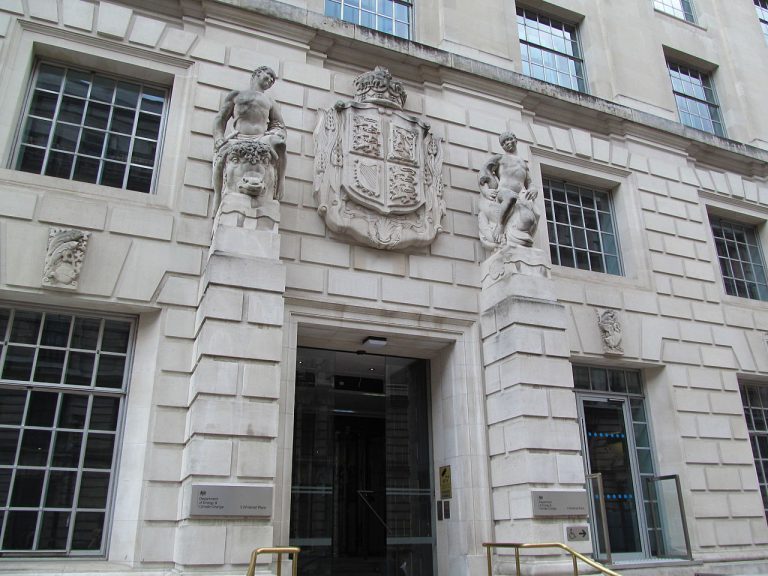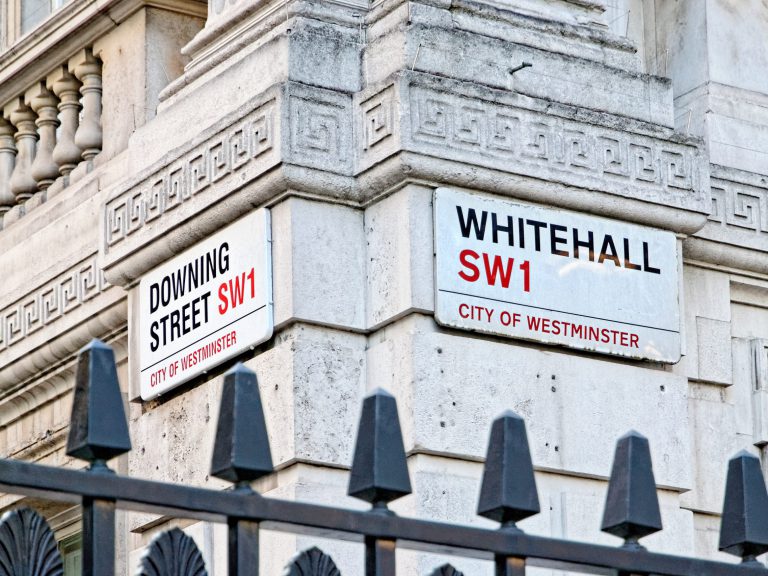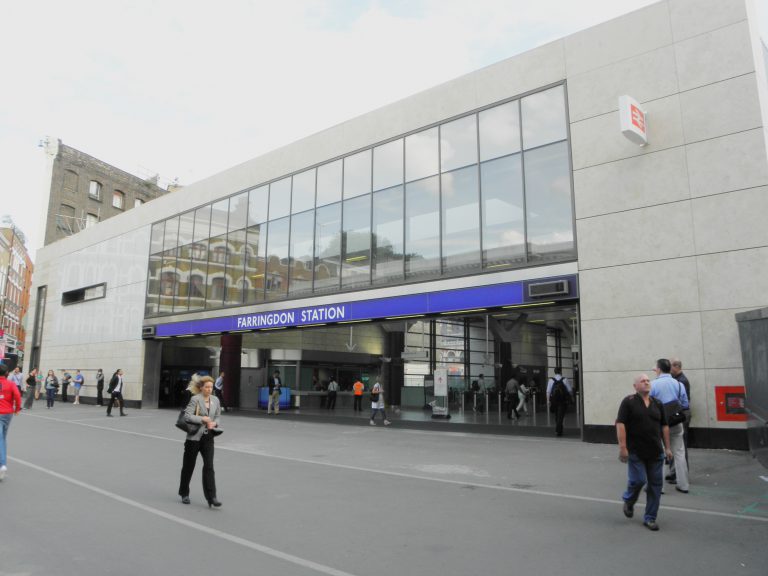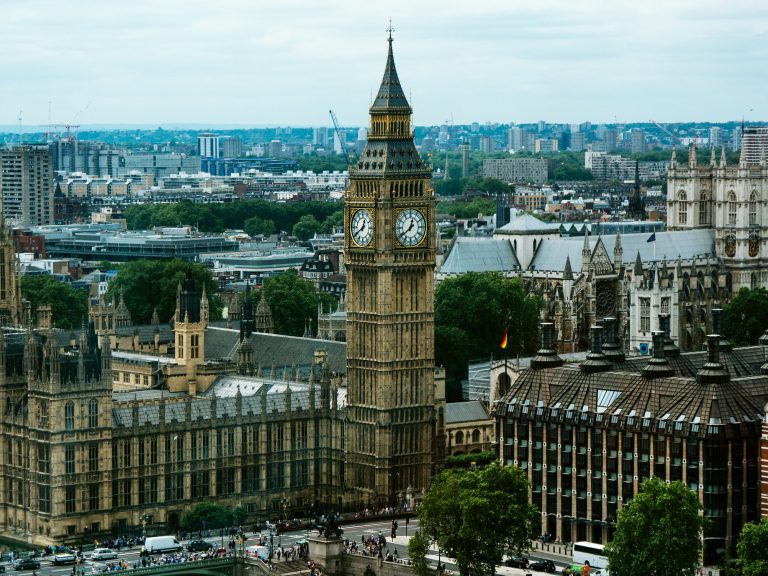Times Red Box: No 10 must be ruthless to wrench the civil service from London
DragonGate Non-Executive Chairman, David Werran, writes in The Times Red Box about seizing the opportunity of government relocation (https://www.thetimes.co.uk/article/no-10-must-be-ruthless-to-wrench-the-civil-service-from-london-zs9mwtprh)
In his March budget the chancellor indicated the government’s intention to move 22,000 civil servants out of London by 2030. Michael Gove, in his recent Ditchley speech, spoke of relocating Whitehall decision-making centres to not only the main regional centres such as Manchester and Bristol but different parts of the UK.
But this will be nowhere near enough, and the leisurely timescale will provide ample opportunity for further delay and obfuscation, as it has done in the past. What is needed is a truly ambitious programme to relocate the majority of the 85,000 civil servants in London leaving only a core elite of a few hundred.
It will be a catalyst for the reform of the civil service, an early stimulus for the regeneration of scores of town and cities outside of the main regional ones and will significantly support the creation of employment in the private sector.
It also offers the chance to draw in the boundless fresh talent from the regions while unloading the underachievers and superannuated in Whitehall.
Daniel Finkelstein in a recent comment piece suggested that locations other than the regional cities would be a mistake and cites an American study. But UK regional cities tend to mimic the problems of the metropolis and other locations, such as Darlington, Sunderland, Carlisle, Wolverhampton and Warrington, would provide much better solutions to meet the government’s key “levelling up” objectives.
It was reported in The Times on Saturday that York would be a good location for the civil service — so it is, but the city is already full up after the dispersal of the Department for Environment, Food and Rural Affairs and the Central Science Laboratory, so it cannot be a serious candidate.
Relocating the civil service is anathema to the permanent secretaries and senior civil servants whose careers are built around close proximity to ministers.
Whitehall has grown while staff in the rest of England have been cut by 22 per cent. There are now 18 per cent more of the senior civil service grades than in 2010 — two thirds of which are based in London.
Sadly, the existing mechanisms will not be up to the huge task involved. Look at what is already being done: huge new offices at Croydon, Canary Wharf and Stratford plus a massive transformation programme led by HM Revenue & Customs to consolidate its operations into 14 super-hubs at the UK’s main regional centres.
Ominously, HMRC are taking out 20 and 40-year leases with developers and, of course, these centres will be the Cabinet Office’s location of choice for the imminent “low energy” dispersal programme announced in the March budget. A more counter-productive response to the government’s future policies would be hard to imagine.
If the government is to succeed in the plans for levelling up and decentralisation it will be necessary to establish an entirely separate unit to work across the Cabinet Office, HM Treasury and departments and in direct contact with the Local Enterprise Plans, combined authorities, local authorities and the devolved nations to implement the measures as an imperative over three years at most.
I have some experience having relocated three government departments in the 1980s and 1990s and was much involved with the various public bodies that were dispersed after the 2004 Lyons Review.
When the recommendations for establishing executive agencies were implemented in the late 1980s — a successful reform of the Thatcher era — the project director, Sir Peter Kemp, worked with a small team of ten as a separate unit in the Cabinet Office.
Armed with the prime minister’s authority, he told me he went to all departments demanding action plans for the new agencies within a six-month period with no extensions permitted. If the plans did not materialise his team would devise and implement them instead. It worked brilliantly. A similar dynamism is now needed, able to eschew the parochialism of the Treasury and Cabinet Office with the wholehearted backing of the prime minister to ensure achievement in the shortest possible timescales in the public interest.

David Werran is the Non-Executive Director at DragonGate and Co-Chairman of Breaking Barriers Innovations.

























